In the wild, parenting isn’t about praise or perfection—it’s about survival.
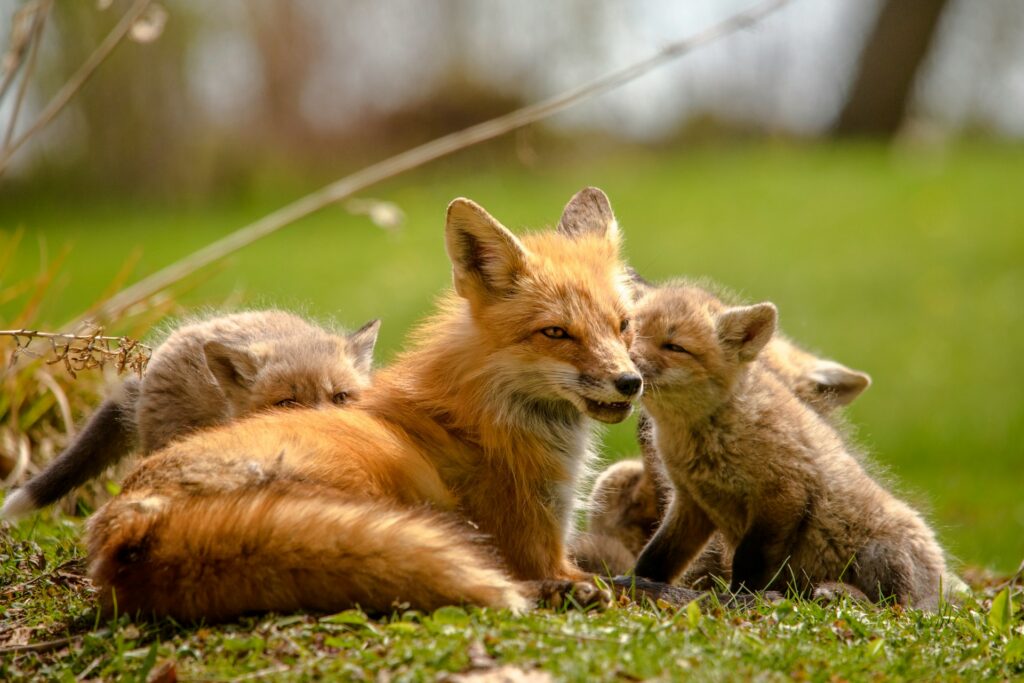
And while some animals seem indifferent to their young, others go to jaw-dropping extremes to protect, feed, and care for them, just like we humans do with our own children. These animal parents don’t just raise their young—they fight, sacrifice, and sometimes reshape their entire lives for them. Maybe we’re not as different as we think we are!
1. Octopus mothers who starve themselves to death
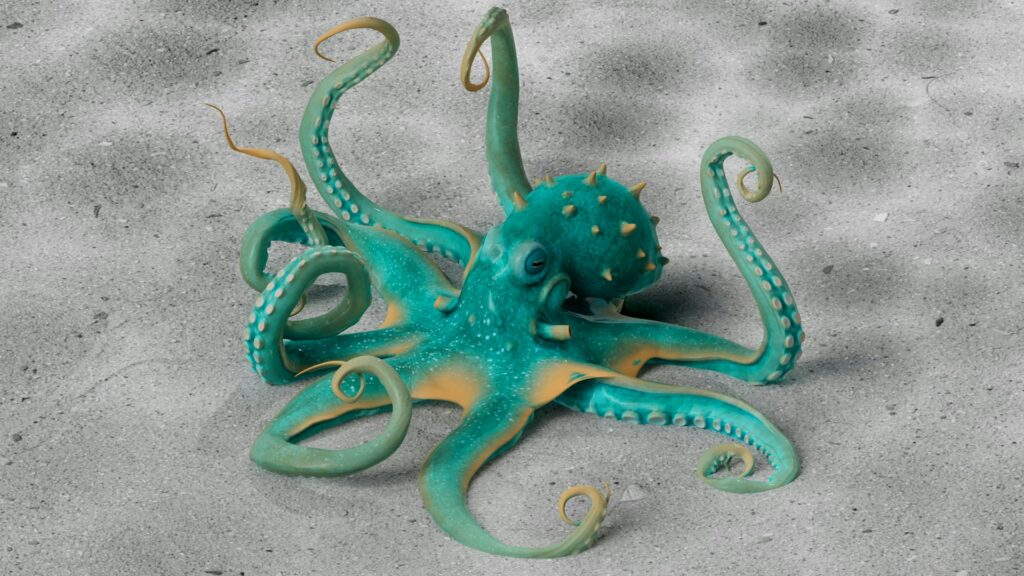
When a female octopus lays her eggs, her entire life changes. She stops eating, curls around her clutch, and guards it for weeks or even months, fanning it with her arms and keeping it free from debris. During this time, she slowly wastes away.
By the time her eggs hatch, she’s often too weak to move and dies shortly after. It’s an extraordinary example of total sacrifice: one single, enormous act of parenting that consumes her completely, but ensures the next generation has a chance.
2. Emperor penguins that brave Antarctic blizzards
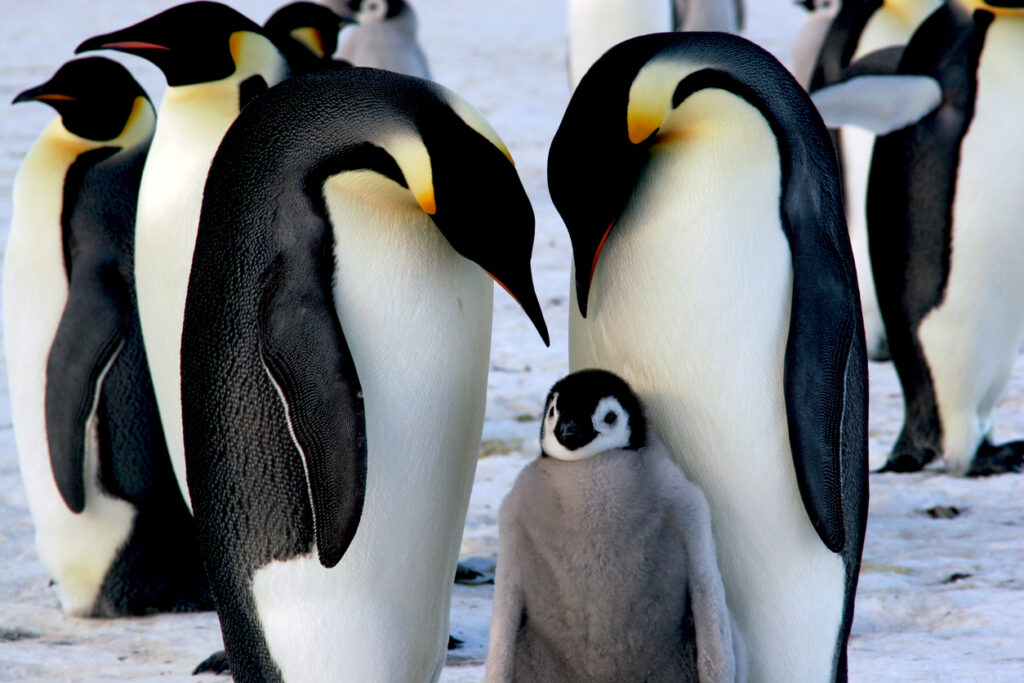
Male emperor penguins take on one of the harshest parenting roles in the animal kingdom. After the female lays her egg, she returns to sea to feed, leaving the male to incubate the egg on his feet for over two months through the brutal Antarctic winter.
He doesn’t eat, barely moves, and stands in freezing winds with temperatures that drop below –40°C. The egg is kept warm under a flap of skin called a brood pouch. If the egg slips, it freezes in minutes. He endures all this, fuelled only by stored body fat, until the female returns to take over.
3. Cichlid fish that carry babies in their mouths
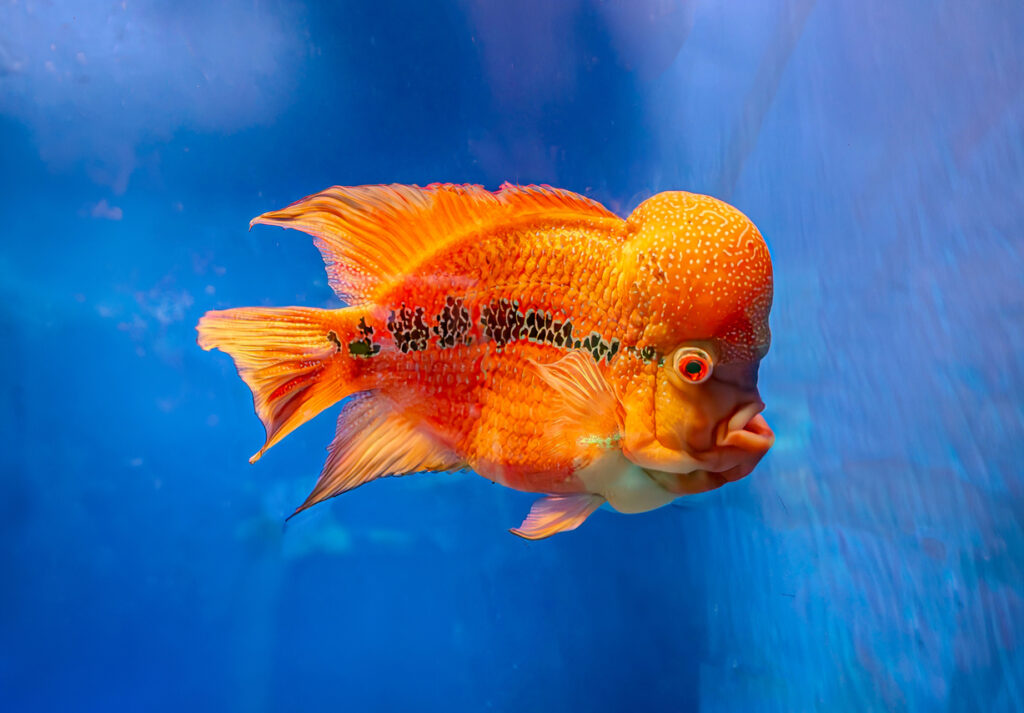
Some species of cichlid fish practise a parenting strategy called mouthbrooding. After the eggs are fertilised, the parent—often the female—scoops them into her mouth, where they develop safely out of reach of predators.
Even once the fry hatch, she continues to protect them in her mouth, only releasing them briefly to feed. If danger approaches, she calls them back inside with a subtle signal. It’s a strange but effective kind of portable nursery, and one that requires her to go hungry for weeks at a time.
4. Elephant mothers who mourn and protect for life
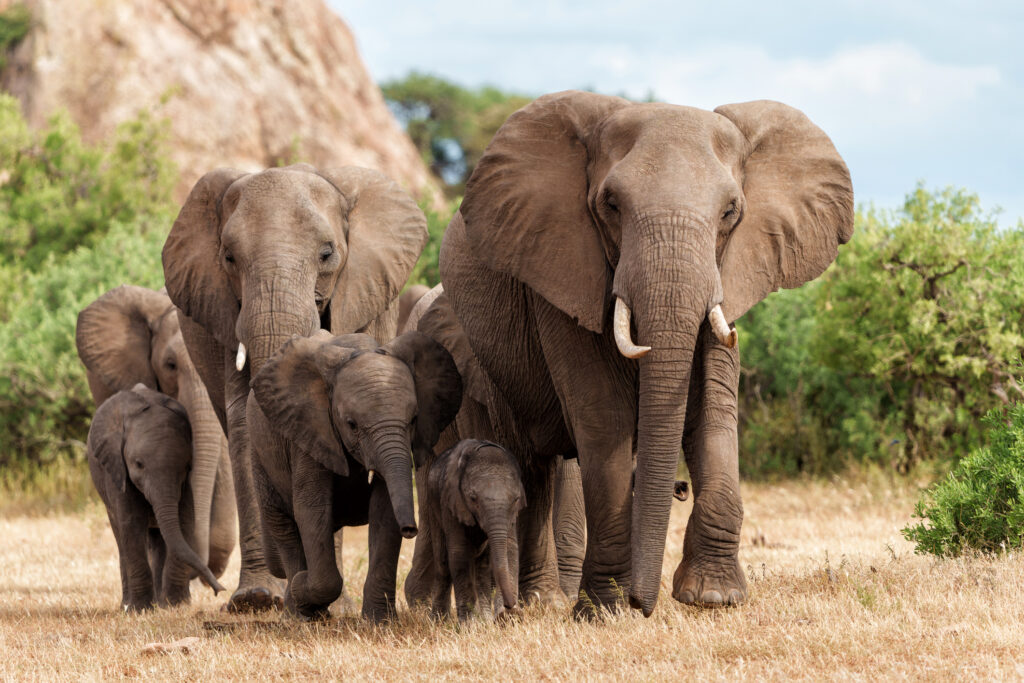
Elephants form some of the most emotionally bonded families in the animal world. Mothers carry their calves for nearly two years before birth, and once born, those calves stay close to their mothers for years, sometimes even into adulthood.
An elephant mother will fiercely defend her baby, form alliances with other females for protection, and teach her calf everything from migration routes to emotional regulation. If a baby dies, she may stay with the body for hours or days. Her investment isn’t just physical—it’s deeply emotional.
5. Orangutans who raise children solo for eight years
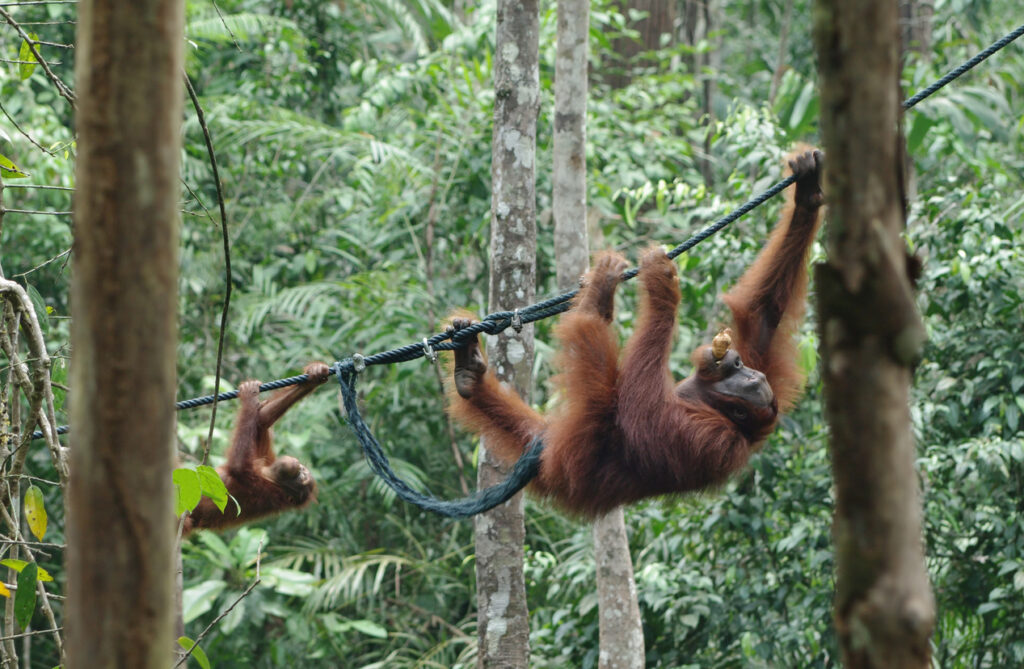
Orangutan mothers are among the most committed single parents on Earth. After giving birth, she raises her baby entirely on her own, teaching it how to climb, forage, build nests, and stay safe in the treetops.
This parenting period lasts up to eight years, one of the longest in the animal kingdom. The mother not only provides food and protection but models survival skills that the baby will rely on for life. It’s a slow, patient process built on daily closeness and trust.
6. Poison dart frogs who ferry tadpoles on their backs
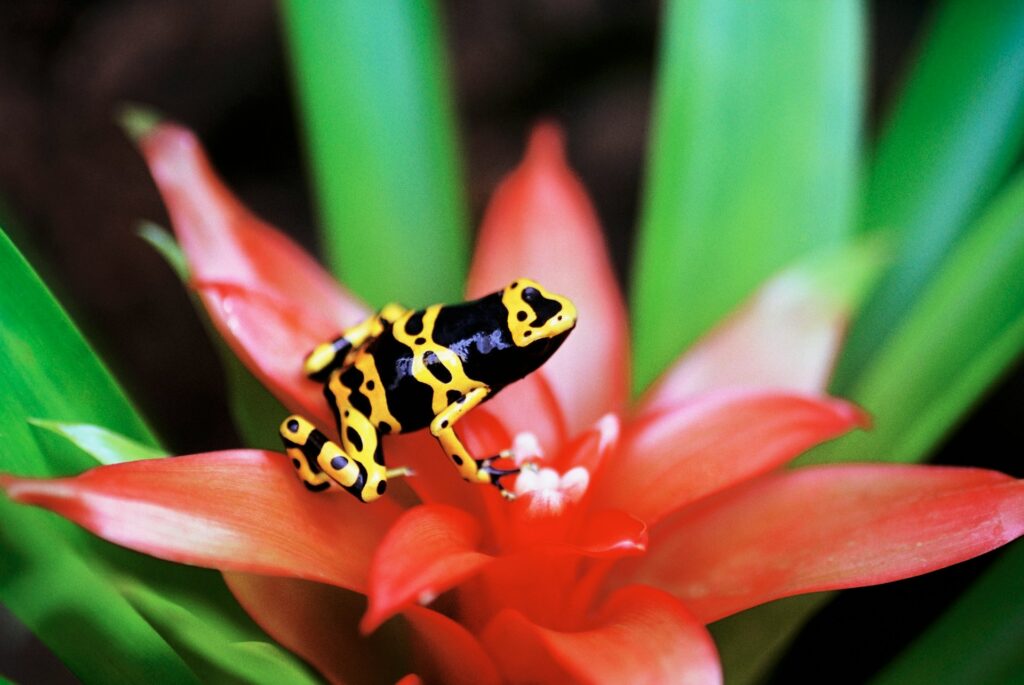
After poison dart frogs lay their eggs, one of the parents—often the male—will wait for them to hatch and then carry each wriggling tadpole one by one on their back to tiny pools of water hidden in tree crevices or bromeliad leaves.
The journey can be long and risky, and the parent returns multiple times to drop each tadpole into its own safe puddle. In some species, the female then continues the care by laying unfertilised eggs to feed the growing young. It’s meticulous, intentional, and all done in silence.
7. Alligators who gently carry hatchlings in their jaws
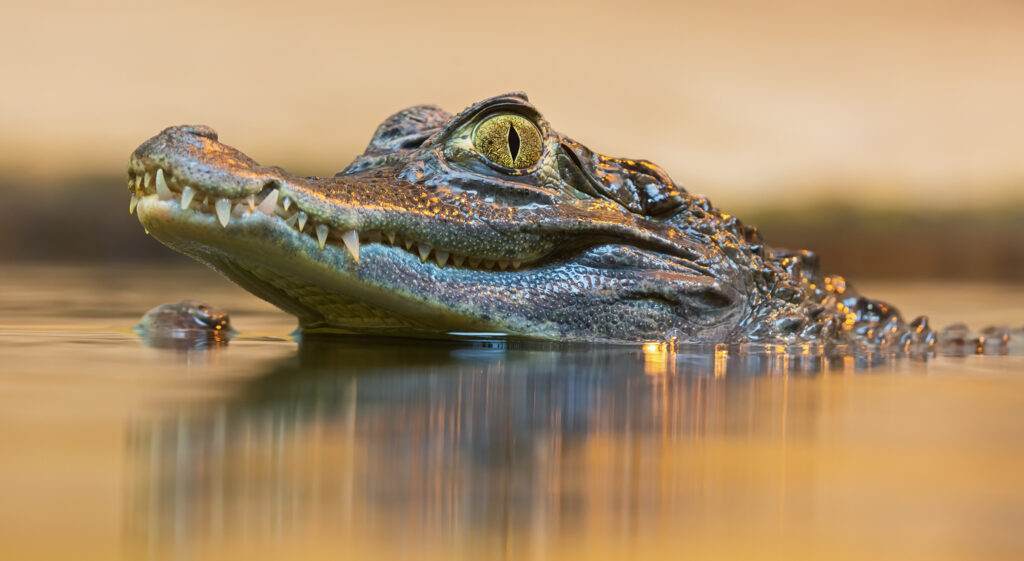
Despite their fierce reputation, alligator mothers are surprisingly gentle with their young. After the eggs hatch, she carefully picks up the tiny, chirping babies in her massive jaws and carries them to the water, completely unharmed.
She then watches over them closely for weeks, protecting them from predators and even responding to their distress calls. It’s a surprising tenderness from an animal so often associated with power and aggression, and it’s proof that even reptiles can be fiercely nurturing.
8. Red fox fathers who provide food for the whole den
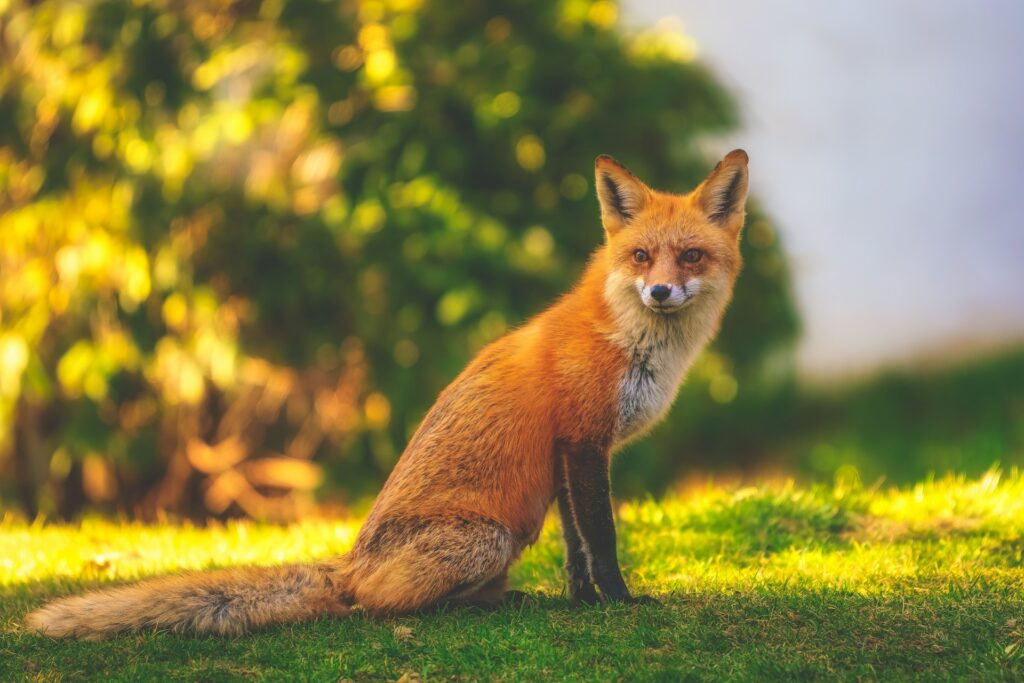
In red fox families, fathers play a huge role during the early stages of parenting. While the mother stays in the den with her newborn pups, the male goes out daily to hunt and bring back food for both his mate and the young.
This isn’t a short-term job, either. He keeps doing it for weeks, helping ensure the pups are fed and the mother doesn’t have to leave them vulnerable. His support increases the chances of survival for the entire litter and cements a bond that goes beyond simple instincts.
9. Harp seals who fatten their pups in just twelve days
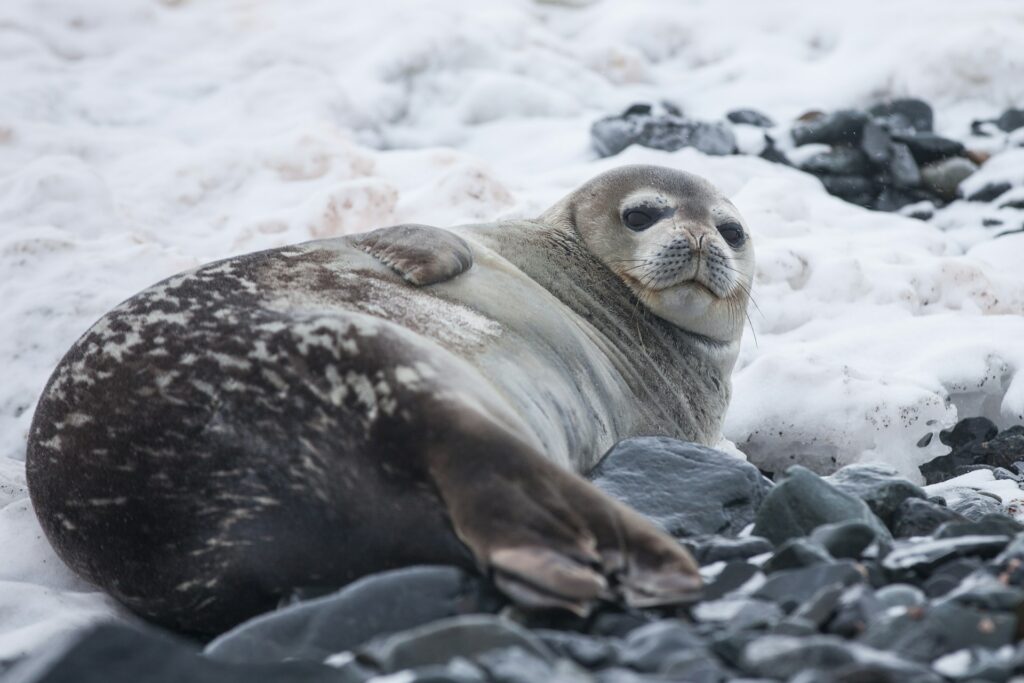
Harp seal mothers give birth on floating ice in the freezing North Atlantic and have only a narrow window to fatten up their pups before conditions become too harsh. During just twelve days of nursing, they produce some of the richest milk in the animal kingdom, containing up to 50% fat.
The pup more than triples its weight in less than two weeks, then the mother abruptly leaves. It sounds harsh, but this brief, intense parenting sprint gives the pup enough blubber to survive on its own until it’s strong enough to enter the sea.
10. Flamingos who produce “milk” for their chicks
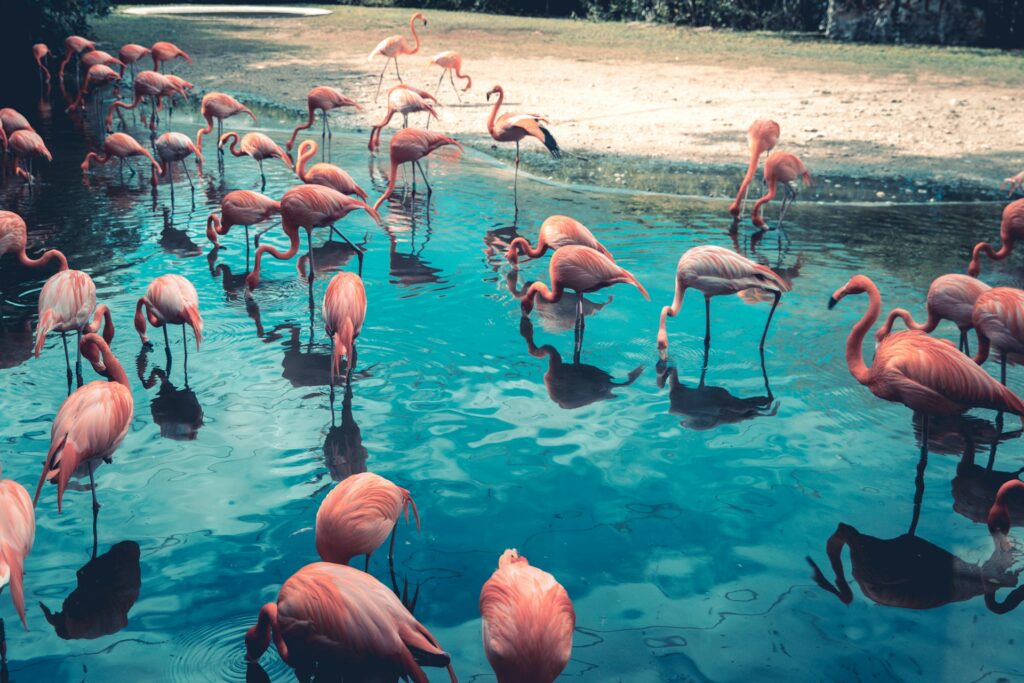
Flamingos don’t have mammary glands, but they do produce a kind of nutrient-rich secretion called crop milk in their throats. Both parents regurgitate this bright red substance to feed their chicks during the first weeks of life.
The milk contains fats, proteins, and immune-boosting compounds, and the parents’ intense feeding helps the chick grow quickly. It even drains the colour from the adults, who turn paler as they pour all their resources into raising just one chick at a time.
11. Giant water bugs who carry eggs on their backs
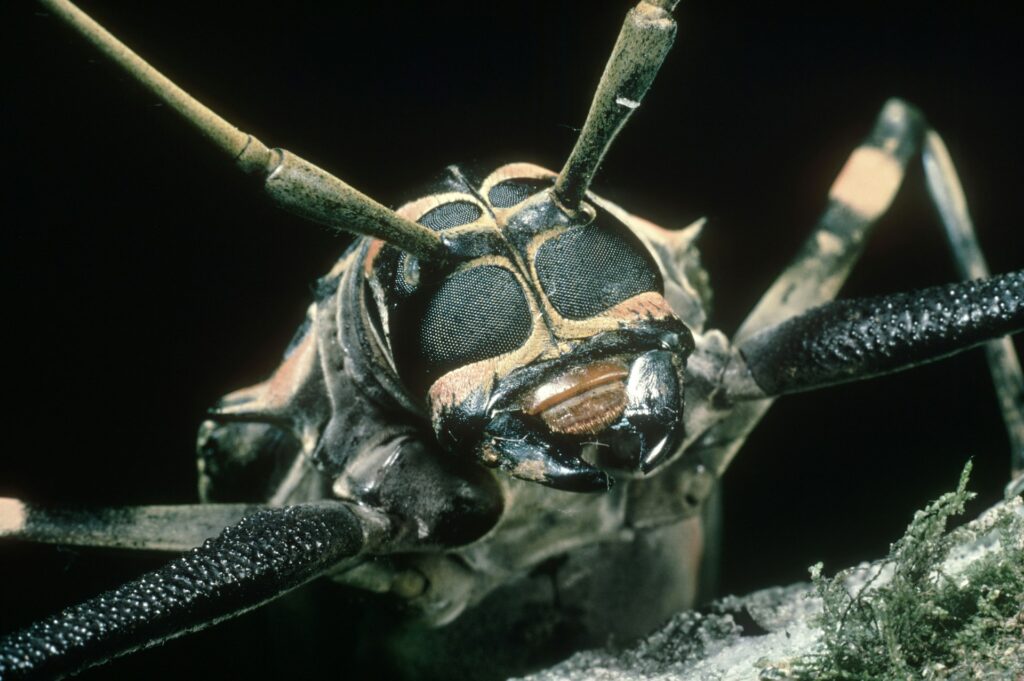
Giant water bug dads do something few others in the animal world dare: they carry their partner’s fertilised eggs glued directly onto their backs. He aerates them regularly by flexing his body and ensures they stay moist and protected until they hatch.
It’s a heavy load, both literally and physically, but he doesn’t rest. This extreme dedication helps ensure the survival of dozens of offspring, even if it makes him slower and more vulnerable to predators in the meantime.
12. Clownfish who obsessively guard and clean their eggs
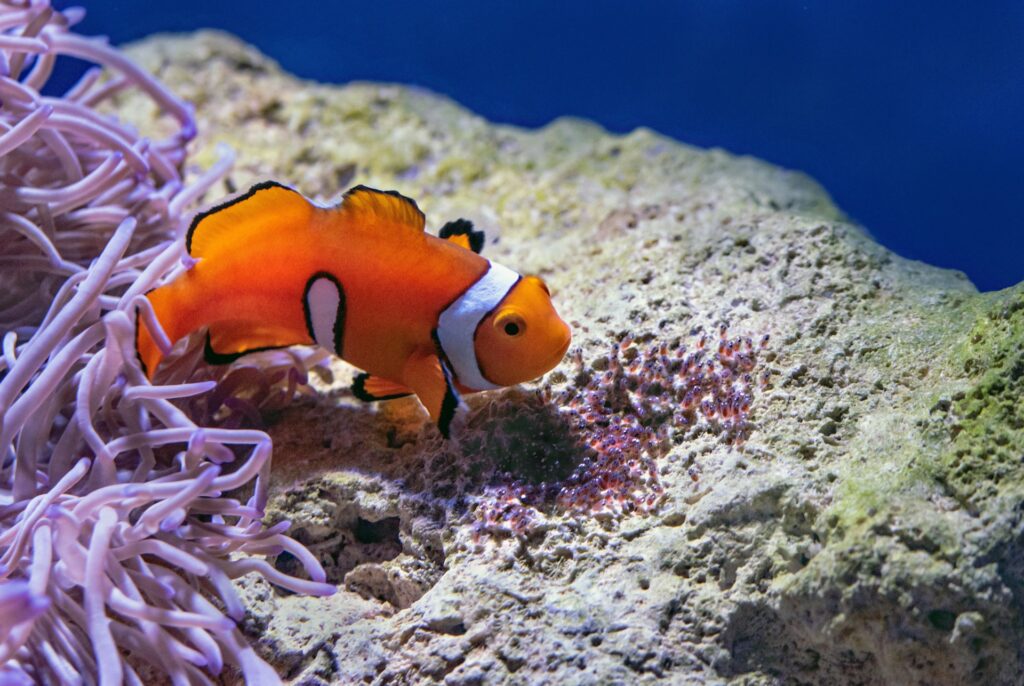
Clownfish fathers are among the most attentive dads in the ocean. After the female lays her eggs, it’s the male’s job to guard them constantly, cleaning them with his fins and mouth and keeping away anything that looks like a threat.
He also fans the eggs to keep water flowing and oxygen levels stable. This lasts for over a week until they hatch. His vigilance doesn’t waver—day or night, he stays close. It’s quiet, repetitive work, but it makes all the difference when you’re raising the next generation in a coral reef full of danger.